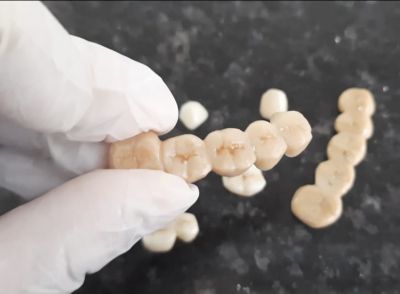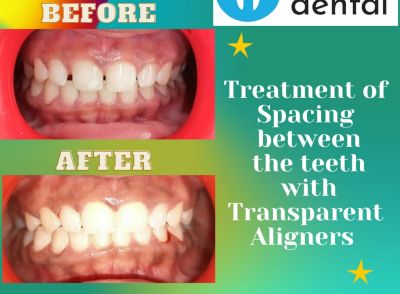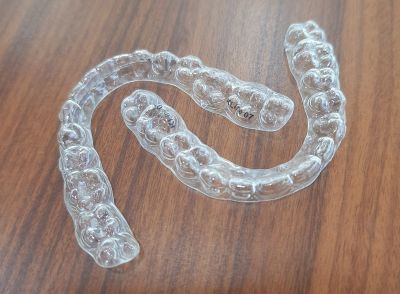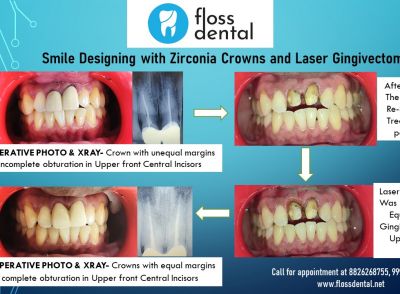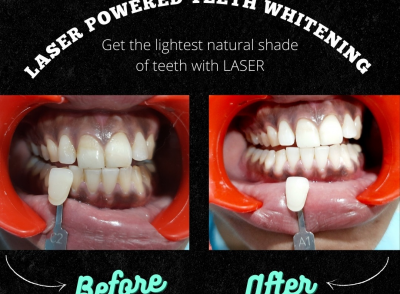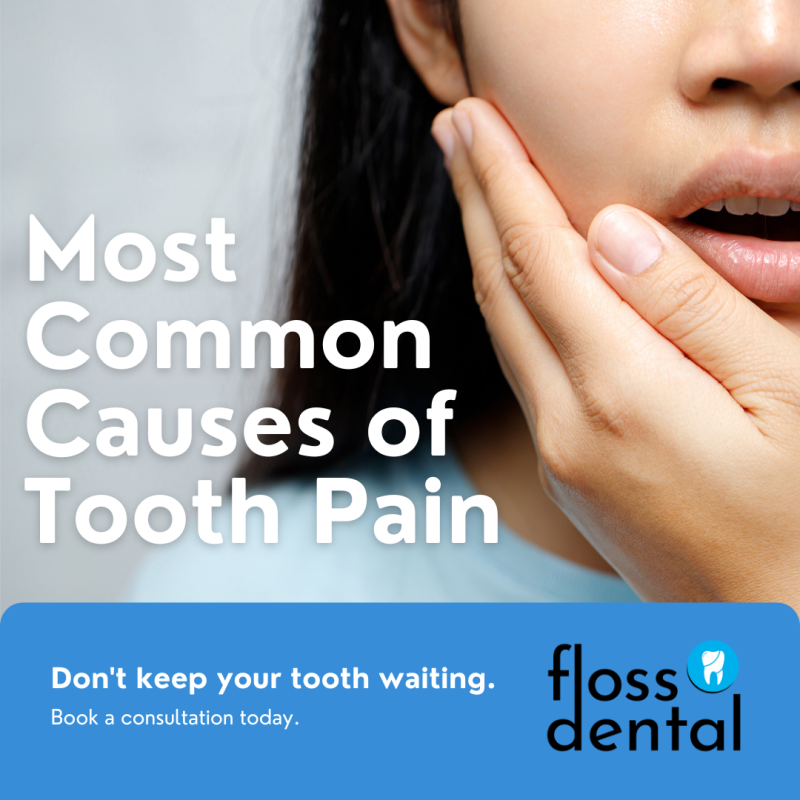
If you're experiencing tooth pain, it may be caused by a variety of factors. These factors include bad oral hygiene and acidic food and drinks. In some cases, a filling may be loose, which can also contribute to the problem.
Practicing good oral hygiene
Practicing good oral hygiene is essential for your dental health and will help reduce the risk of experiencing tooth pain. If you are experiencing pain while chewing, you should see a dentist. This is especially important if you have gum disease, as this condition can spread to other areas of the mouth. Your dentist will likely prescribe antibiotics to treat the infection. You can also practice good oral hygiene at home to prevent gum disease and tooth pain.
Practicing good oral hygiene means brushing and flossing your teeth at least twice a day. You should also schedule dental checkups every six months to keep your teeth healthy. Regular visits will allow your dentist to assess your dental health and identify any underlying problems.
Poor dental hygiene can lead to cavities, which are the most common cause of tooth pain. Cavities are caused by bacteria living in the mouth and can make your teeth very sensitive. A dentist can check your teeth for cavities and help you prevent them from growing to become painful.
Acidic foods and drinks
There are a number of things you can do to reduce the chances of experiencing tooth pain from acidic foods and drinks. For one, eating them as part of a larger meal will limit the amount of acid that comes in contact with your teeth. Also, you can make sure to rinse your mouth out with water after eating them. This will ensure that the acids are neutralized. Secondly, you can use chewing gum to increase saliva flow.
Acidic foods and beverages can cause tooth pain for many different reasons. For one, acidic foods and drinks can damage the enamel on your teeth, allowing bacteria to get inside. This can be very dangerous if left untreated. Additionally, they can damage the gum line, resulting in gum disease, which may lead to tooth loss.
Soft drinks and sports drinks are the most common acidic food and drink culprits. These beverages are high in carbonation, which can raise the acid level. In addition, cranberry, apple, and orange juices are also high in acid. Even sparkling water can increase your acid levels, so be sure to stick to sugar-free beverages.
Lack of Vitamin B12
One of the most common causes of Tooth Pain could be lack of Vitamin B12, which is a powerful nutrient that protects the teeth and gums from damage. If you don't get enough of this nutrient, you may also experience burning sensations in the mouth. Your dentist will be able to determine the cause of your tooth pain. A deficiency of this vitamin can lead to a variety of unpleasant conditions, including mouth ulcers.
Vitamin B12 deficiency should be considered in patients who are experiencing oral pain, a condition called glossodynia. This condition affects the nerves in the mouth and can be caused by trauma or a local infection. A vitamin B12 deficiency can also lead to the formation of trigeminal neuropathy.
This vitamin is essential for the oral health of children. Therefore, it is important to give your child a balanced diet rich in Vitamin B12. Moreover, the intake of sugar should be restricted to ensure good oral health. This will help prevent a deficiency of vitamin B12 and help your child avoid cavities.
Loose fillings
Loose fillings can also be common cause of tooth pain and other problems. If a filling is not fitted properly, it may break or fall out, exposing the vulnerable pulp to bacteria. Fortunately, modern filling procedures can relieve pain and discomfort.
If you're suffering from tooth pain, the first step is to contact your dentist. Loose fillings expose the inner tooth to pressure, cold, and heat. They can also allow food to get into the hole left by the filling, which can feed bacteria that cause further decay. It's important to schedule an appointment with your dentist right away and brush your teeth carefully.
There are also non-dental causes of tooth pain. In these cases, the dentist may recommend treatment to address the underlying cause of tooth pain. Although non-dental conditions may cause pain, the treatment of loose fillings should be based on the diagnosis made by the dentist.
A loose filling can also lead to tooth sensitivity. Because the filling procedure exposes the pulp tissue in the tooth, it can cause inflammation and pain. While this pain usually subsides within a few weeks, it's important to seek treatment as soon as possible.
Heart disease
In a recent study published in the Journal of Dental Research, dentists discovered that heart disease is one of the most common causes of pain associated with teeth. It has been estimated that approximately 30 percent of adult deaths worldwide are caused by cardiovascular disease. According to the Oral Health Foundation, patients suffering from tooth pain should visit their dentist for a preventive care exam.
While there is no direct connection between gum disease and heart disease, it does suggest that poor oral health increases the risk of heart disease and stroke. However, research has been inconsistent and there is still no definitive evidence to conclude that poor oral health can cause cardiovascular problems. People with pre-existing heart conditions are especially vulnerable to this condition.
Bacteria that cause tooth infection can travel to the heart. When this happens, bacteria cause inflammation in the heart, which can eventually lead to endocarditis. This disease can lead to heart failure, stroke, and even death.
Lung cancer
People with lung cancer may experience pain in their teeth, mouth, or jaw. The pain may be caused by cancer cells, or by a side effect of cancer treatment. Chemotherapy and radiation therapy can affect the mouth, making it more susceptible to cavities and infections. During treatment, patients should have regular dental checkups. During these checkups, patients should ask their doctors about the impact cancer treatments will have on their mouth and teeth. They should also ask their doctors if they can get dental care while they are being treated for cancer.
There are two main types of lung cancer. The first is known as small cell lung cancer, and the second is non-small cell lung cancer. Small cell lung cancer occurs almost exclusively in heavy smokers. Non-small cell lung cancer is less common. Lung cancer may also spread to lymph nodes or distant organs.
If lung cancer is diagnosed early, treatment may include surgery. Surgical removal of the tumor increases the patient's chances of survival. However, the surgery is not appropriate for everyone. Patients who have advanced lung cancer or nodes in the chest may not be able to undergo surgery.
TMJ disorder
A dentist can diagnose TMJ disorder by performing X-rays of the face and jaws. The scan can show if the jaw bones and joints are in proper position and whether the patient is grinding their teeth at night. If the pain persists, your dentist may recommend further testing, including MRI and CT scans.
Although TMJ disorder is relatively common, it can become severe if left untreated. It can cause difficulty eating and moving your mouth. Fortunately, TMDs are treatable, and with professional help, you can feel relief.
In some cases, TMJ disorder may also be caused by complicated dental procedures. These procedures may cause an inflammation or misalignment of the temporomandibular joint, a joint that allows your jaw to open and close freely. It can also be caused by a fractured tooth or by a dislocated jaw.
In addition to bruxism, other causes of tooth pain include stress, clenching your teeth, and tooth grinding. These activities cause your TMJ to work too hard and can cause the disc in your joint to wear down. Additionally, they can affect the muscles in your jaw, which affects the way the top and bottom teeth line up. Also, a poor diet and lack of sleep are known to contribute to TMJ disorder.
For complete dental check-up, book your consultancy today at Floss Dental Clinic- rated as Best Dental Clinic in Noida, Delhi NCR.
Share this with your friends:

